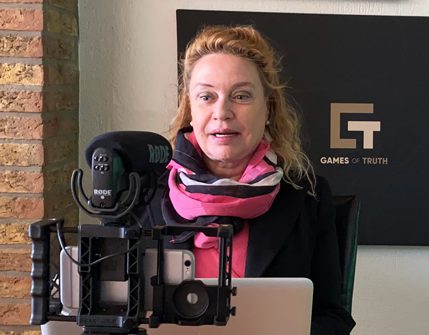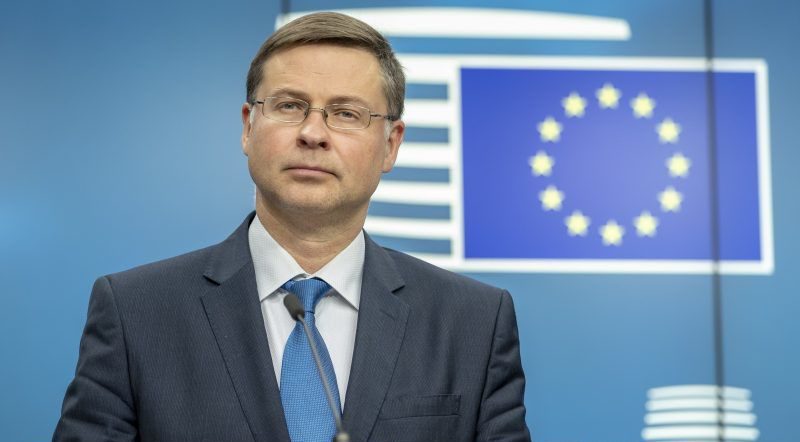by Claudia Zimmermann
It may sound a bit strange at first glance. Censorship in Germany, that has definitely been over since World War II? That’s right. Fortunately, there is freedom of expression in Germany and there is freedom of the press. But still there is something strange going on. Not a single journalist is arrested and sentenced to death in Germany, unlike in some other countries such as China and Iran. This is fortunate, but some strange things do happen. And why then, you wonder? Well, the answer is simple. Very large companies like to sit on the heads of government and ministers and state secretaries of their interest to defend their own major financial interests. I will explain very specifically how this works in my case. Continue reading…











